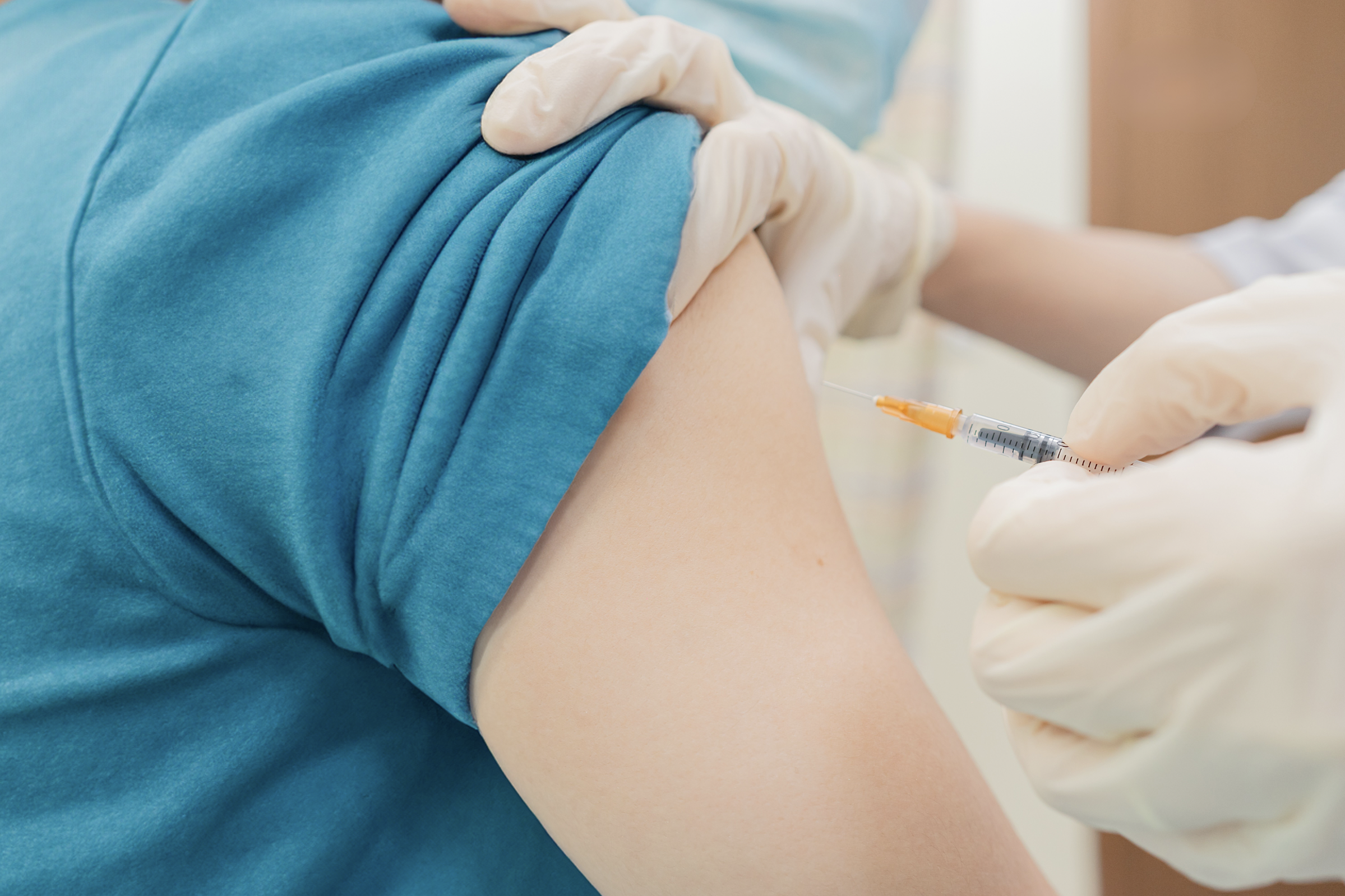The painful, lump-like bumps caused joint pain and recurring infections in Quan's legs and arms. He sought medical attention but the cause remained elusive. Antibiotics and anti-inflammatory medication provided no relief.
Dr. Nguyen Phuc Tan, a clinical immunologist at Tam Anh General Hospital in Ho Chi Minh City, ordered blood tests and diagnosed Quan with erythema nodosum, a form of panniculitis. The condition arises when the immune system mistakenly attacks subcutaneous fatty tissue.
Dr. Tan explained that immune cells normally defend the body against bacteria, viruses, and other pathogens. However, in Quan's case, his immune system malfunctioned, misidentifying fatty tissue as a threat. This led to continuous attacks on healthy tissue, causing inflammation, pain, and the characteristic skin bumps. Without proper diagnosis and treatment, the condition can become chronic, damaging muscles, causing pain and weakness.
Similarly, Hong, 34, suffered from hives, angioedema, and itching for over a year. After being diagnosed with contact dermatitis and allergies of unknown origin at various healthcare facilities, specialized testing at Tam Anh General Hospital revealed that she had chronic spontaneous urticaria, linked to a dysfunction of mast cells, a type of immune cell.
These cells, located just beneath the skin and mucous membranes, malfunctioned, causing cell membranes to become hypersensitive or continuously activated by autoantibodies through the FcεRI receptor. This led to the release of histamine, leukotrienes, and cytokines even without a trigger, causing blood vessels to dilate and become more permeable, resulting in the itchy, red, swollen welts characteristic of hives. The repeated release of these mediators caused unpredictable and prolonged recurrence of hives.
Associate Professor Dr. Hoang Thi Lam, Head of Clinical Immunology, explained that the immune system protects the body. When the immune system is imbalanced (either weakened or overactive), it can overreact to harmless substances like pollen, food, or medications, causing allergies, immunodeficiency, and increased susceptibility to infections. It can even attack the body itself, leading to a range of autoimmune diseases.
According to Dr. Lam, the number of patients with immune system disorders is increasing. Common conditions include systemic lupus erythematosus, psoriasis, rheumatoid arthritis, atopic dermatitis, chronic urticaria, scleroderma, alopecia areata, and IgA vasculitis. These are common but can be chronic, recurring, and significantly impact quality of life if not treated properly.
Treatment for immune disorders isn't always lifelong. The duration depends on the severity, affected organs, and individual response to medication. Some cases stabilize after a few months or years, but chronic patients require long-term monitoring and treatment to manage the disease and prevent complications.
Hong's condition significantly improved after two injections of IgE-blocking biologic medication. After 6 months, her hives and itching ceased, even after discontinuing the medication.
In Quan's case, doctors prescribed immunosuppressants and immunomodulators to reduce inflammation and prevent his immune system from attacking healthy tissue. After three months of targeted treatment, he regained mobility and returned to work.
 |
Hong receiving a biologic injection for her condition. Photo: Tam Anh General Hospital |
Hong receiving a biologic injection for her condition. Photo: Tam Anh General Hospital
Dr. Tan noted that early symptoms of immune disorders can be vague, such as rashes, fatigue, low-grade fever, joint pain, and persistent itching, easily mistaken for other illnesses. Patients often treat the symptoms without addressing the underlying immune system issue. These diseases often progress in stages, worsening over time with complex and unpredictable courses, persistent symptoms, and recurring infections. Over time, the physiological function of organs can be affected, leading to chronic damage, reduced activity, and potentially disability, depression, or even death.
If you experience unusual symptoms like persistent skin itching, hives, allergies, fatigue, body aches, or recurring illnesses that don't respond to treatment, consult a clinical immunologist to determine the cause and receive appropriate treatment.
Nguyen Minh - Minh Huong
*Names have been changed
| At 8 PM on 24/6, the online consultation "Understanding Clinical Immunology: Correct Understanding for Correct Treatment" will be broadcast on VnExpress's Facebook page. Doctors from Tam Anh General Hospital system will participate. Readers can submit questions there for answers. |












